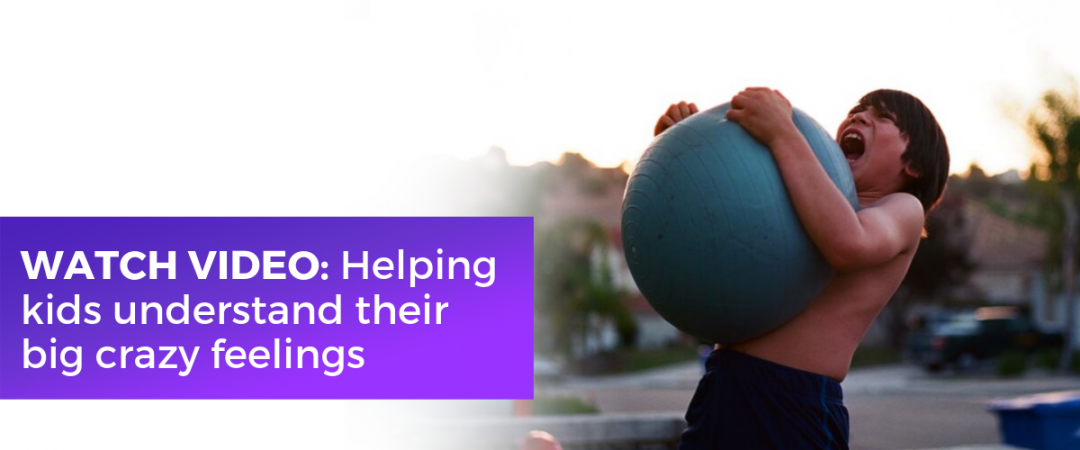The importance of letting kids feel uncomfortable feelings
Categories: Mental Health
It can be incredibly difficult for parents to see their kids struggle with anything, even when it is their own emotions. However, it is important for parents to step back and let their children learn how to deal with life’s uncomfortable feelings. Rescuing them or sheltering them from things that cause upset may seem like the right thing to do to protect them. However, in the long run these actions can stunt a child’s ability to regulate their own emotions, which is an integral life skill.
This doesn’t mean parents should ignore or shut out their child’s emotional needs. There are a number of ways parents can help facilitate their child’s emotional growth and help them learn how to deal with those inevitable uncomfortable feelings without running to their rescue. A main one is fostering a trusting relationship, where your child feels comfortable talking to you about their feelings. This is particularly important for tweens and teens. There are some tips on how to do that here.
Modelling healthy coping strategies is another obvious, but very important way that parents can help teach children about dealing with the hard stuff. After all, we are faced with challenges every day – whether that be relationship issues, financial troubles or stress at work. Don’t hide your emotional challenges from your children but show them how to deal with life’s ups and downs in a healthy way. Teach them the importance of self care, and the value of strategies such as mindfulness and meditation.
You can also help them access resources and supports that can guide them through a particularly trying time. ParentTV has some great resources especially for kids, many with a focus on emotions and mental health. These include dealing with friendship conflict and how to how to deal with rejection. Of course, there are plenty of expert videos aimed at giving parents the tools to help kids deal with common issues like anxiety, too.
Along with giving them tools to deal with any arising emotions, it is also important for parents to not actively avoid being the cause of negative emotions. This means setting boundaries and limits, even if it will make your child unhappy. Dr Vanessa LaPointe gives some great advice on how to discipline without damage, which is a must watch for parents trying to find that balance between boundary setting and being emotionally responsive.
While it can be a hard process for all involved, letting your child experience uncomfortable feelings helps facilitate the development of their emotional intelligence. This in turn is equipping them with skills that will stand them in good stuff for life.

